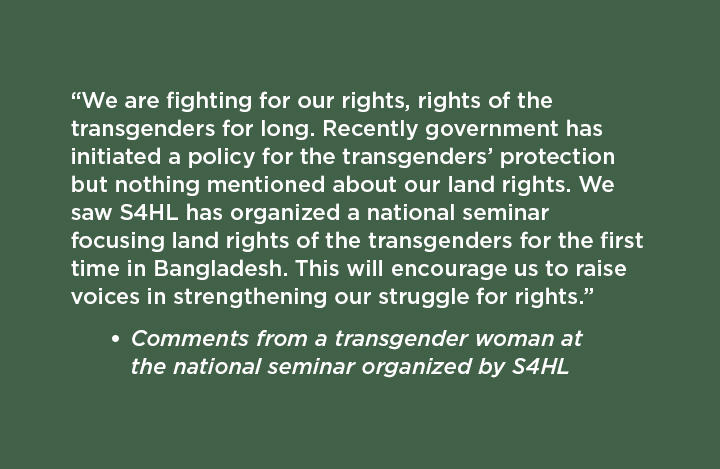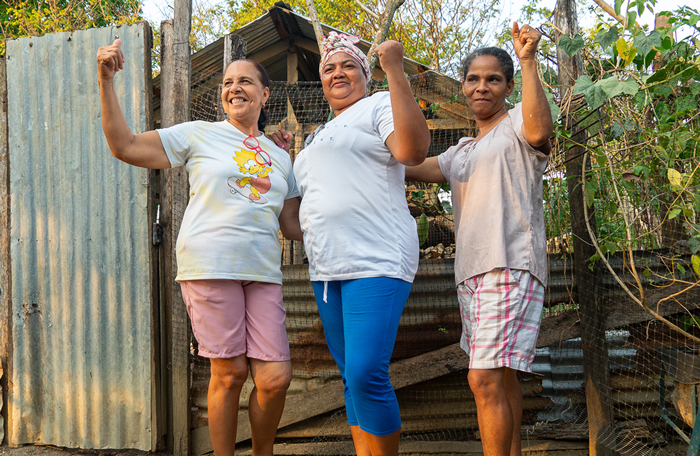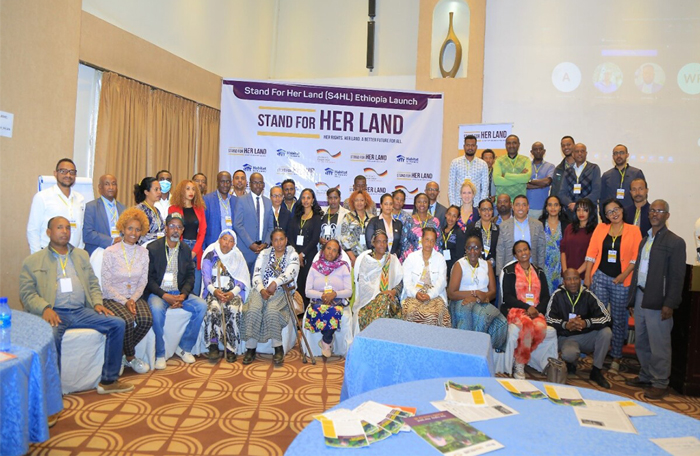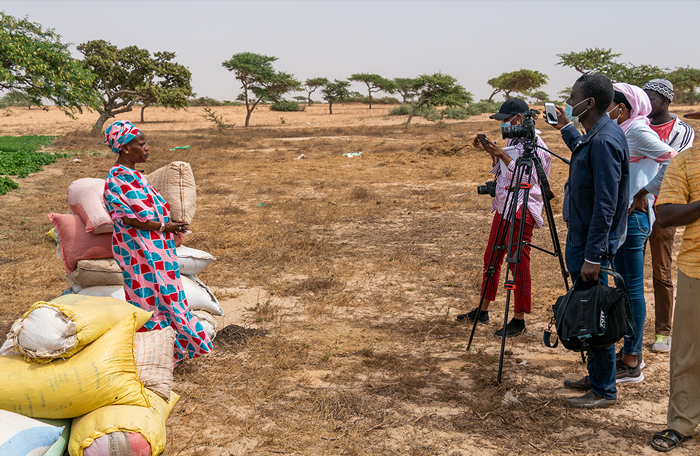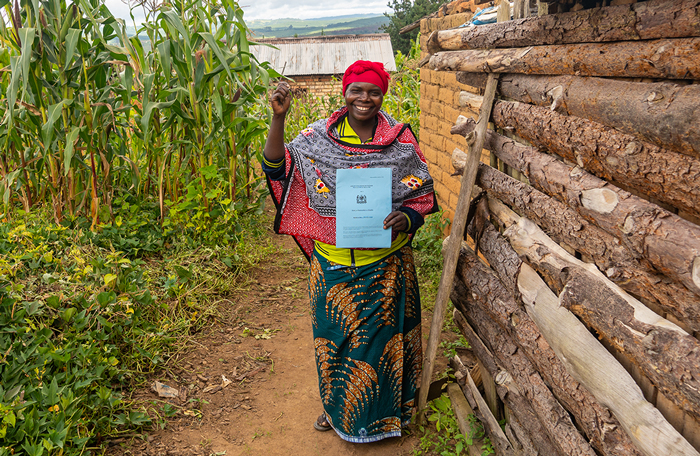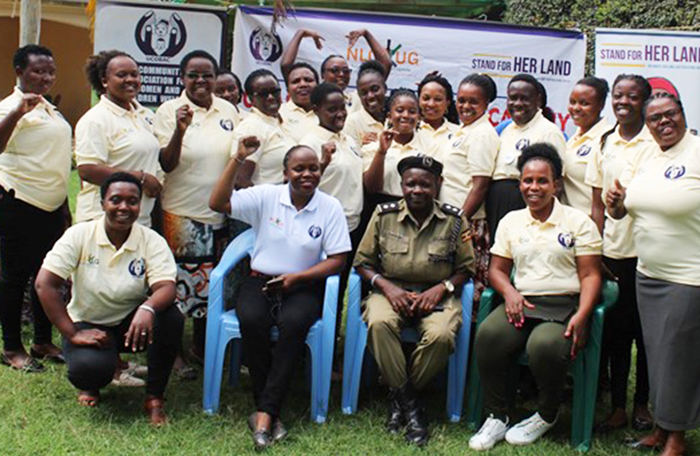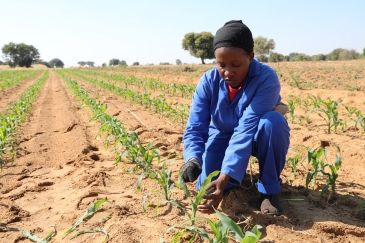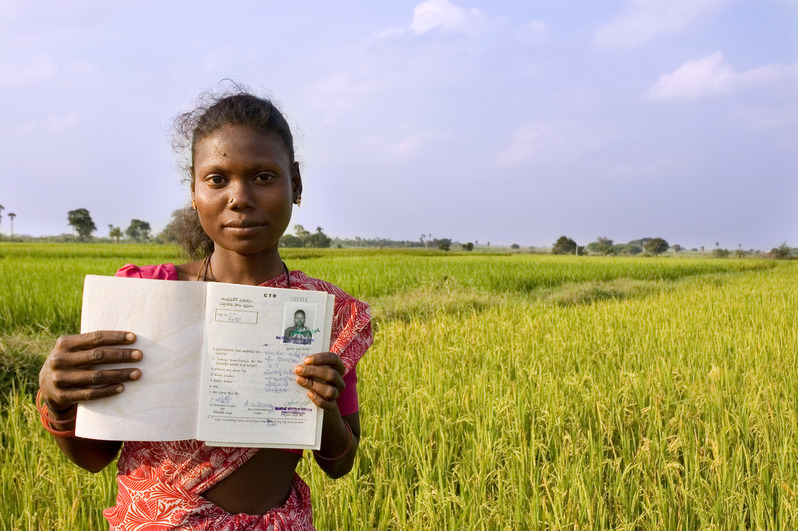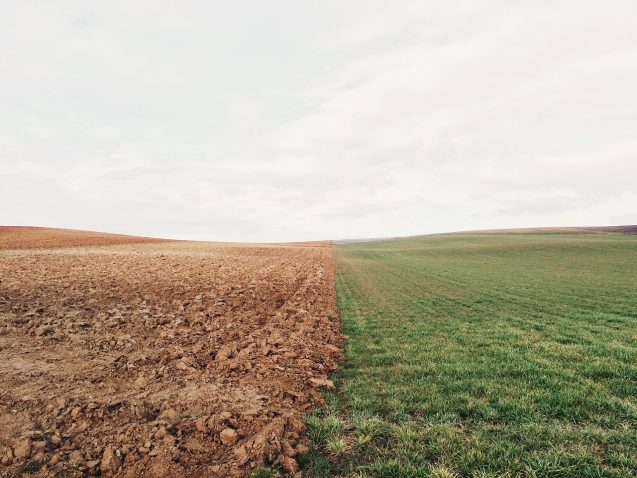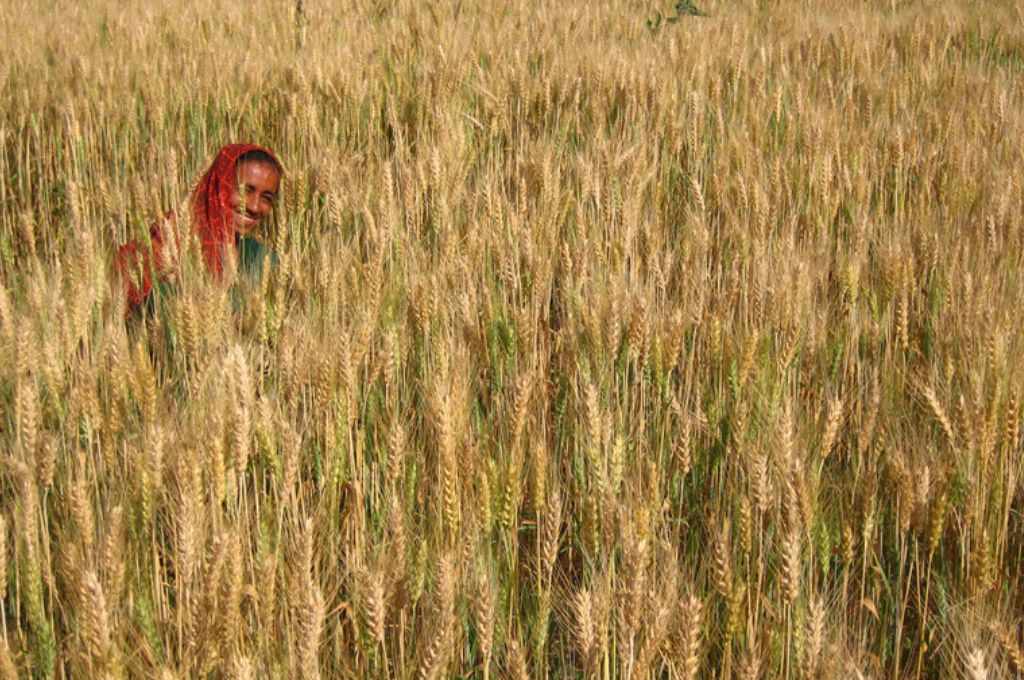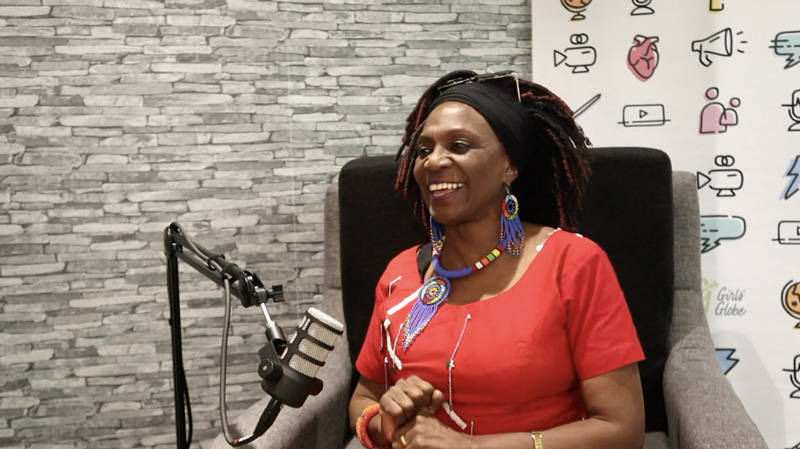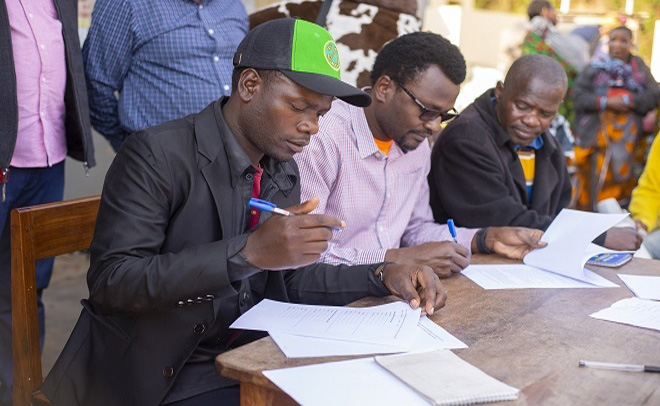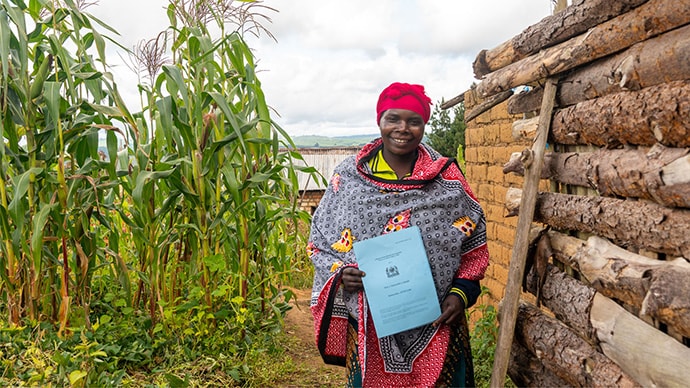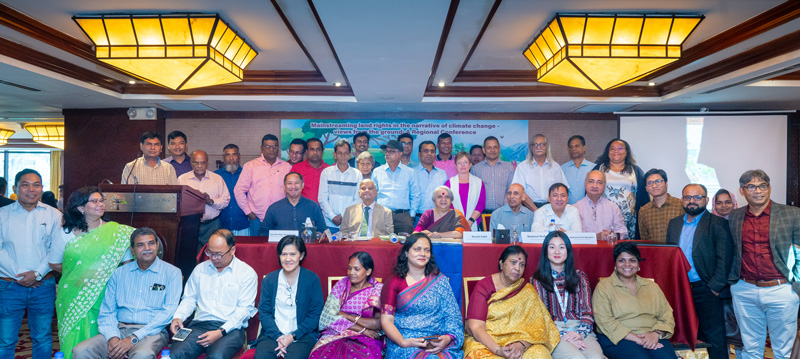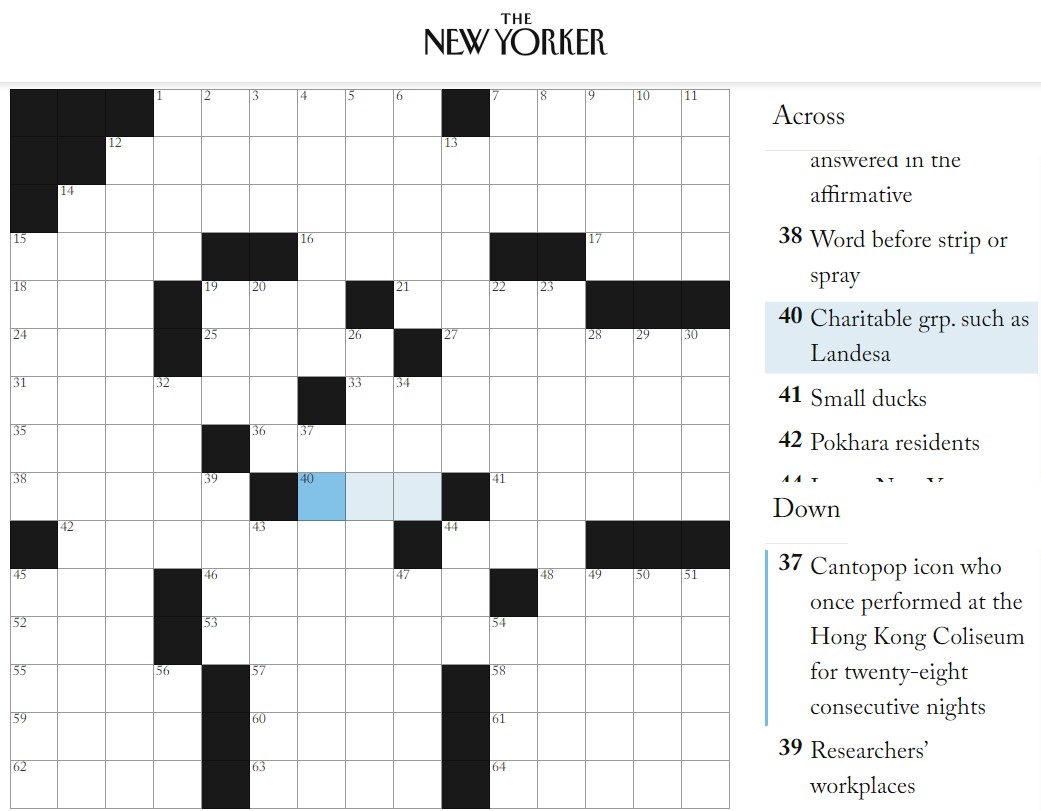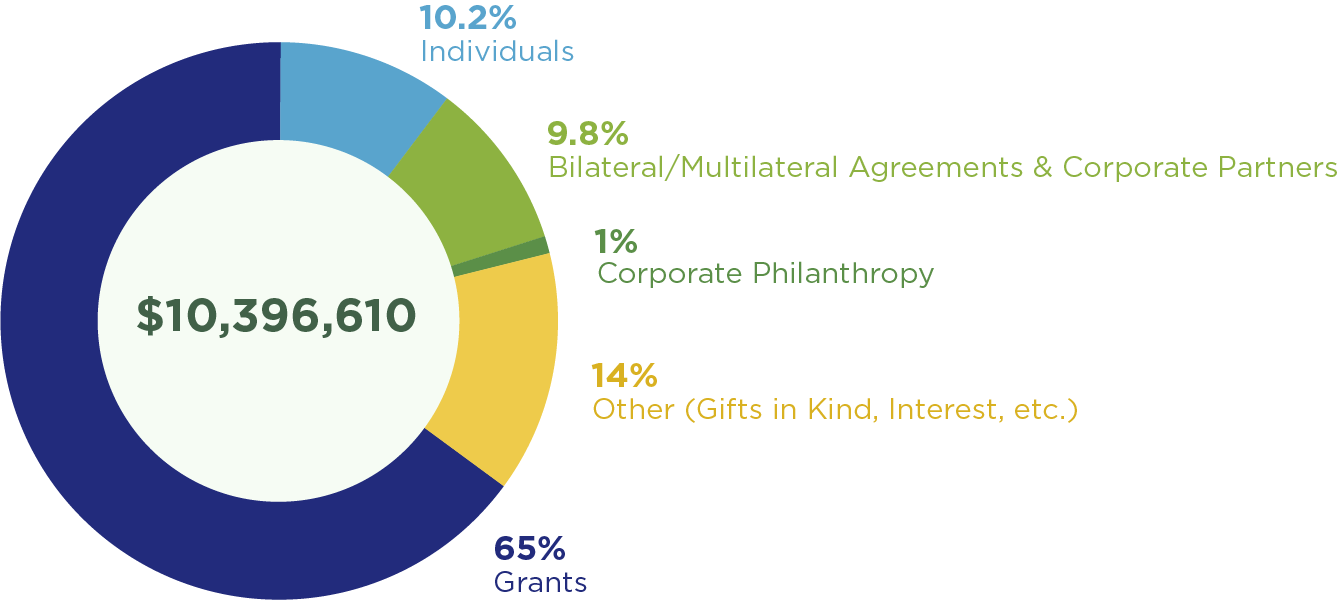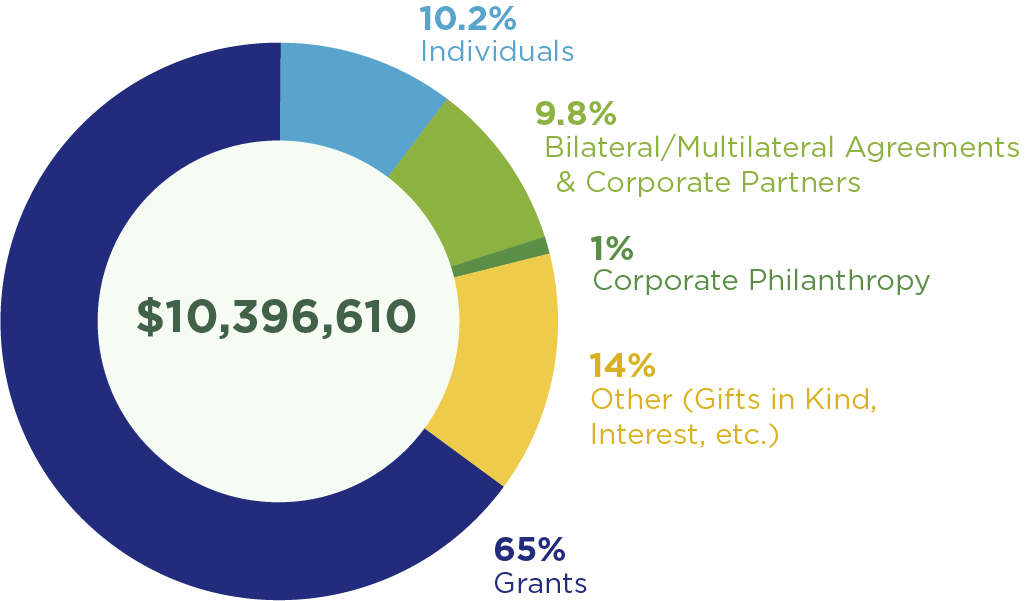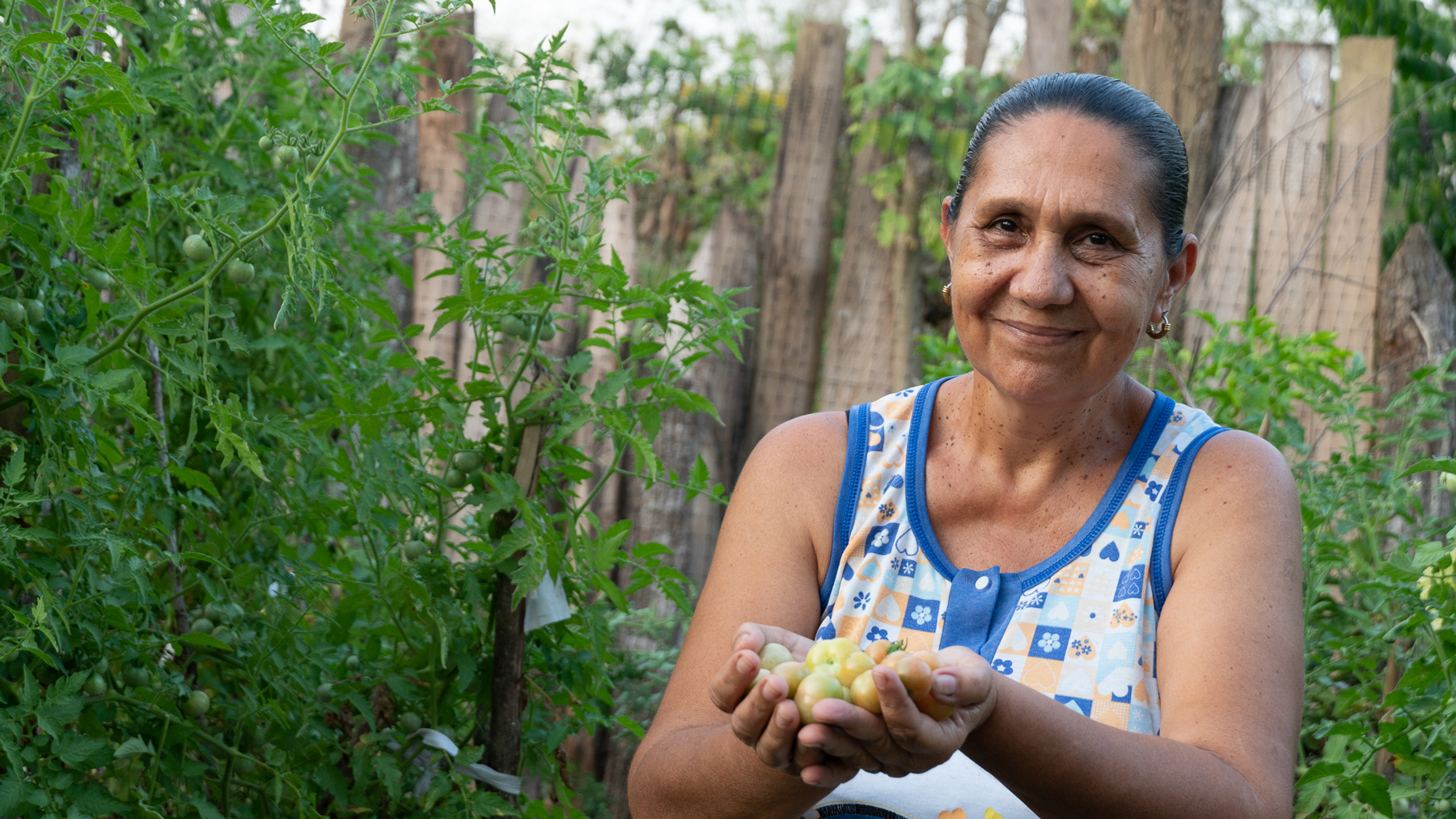
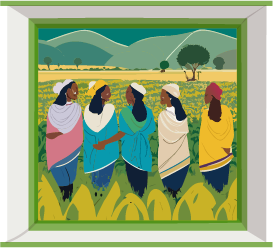


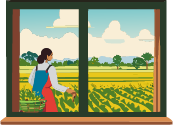
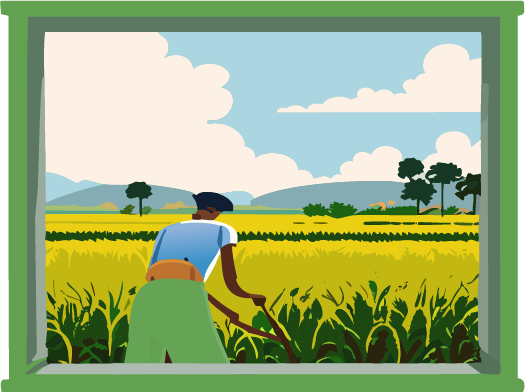

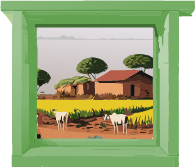


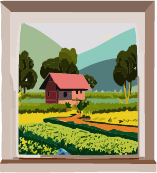
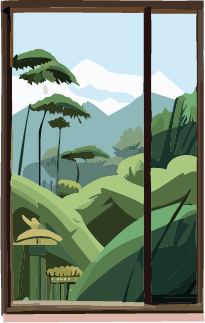
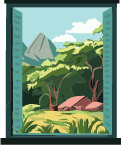
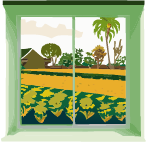
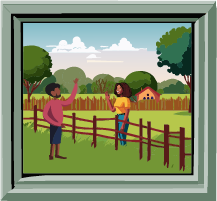
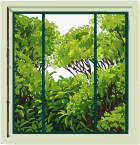


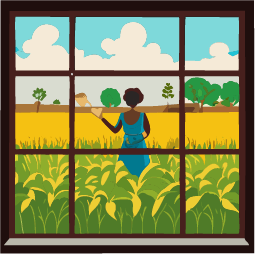



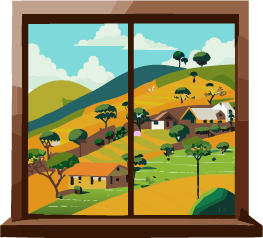
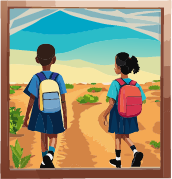
With land, anything is possible
Imagine you and your family live in rural Kenya, and your land is where you plant potatoes to earn income for your children’s education. Or you are a widow in India, and your land upholds your social status and access to public benefits. Or perhaps you live in one of Cambodia’s many coastal communities and your land containing mangroves provides food and protects you from destructive cyclones.
Land offers a multitude of possibilities, yet without strong rights to your land, those possibilities are often out of reach. Secure land rights are an assurance for the future—offering peace of mind and the ability to use your land to shape your destiny. With strong rights to your land, you can fill in the blank with what land means to you.
At Landesa, we are honored to have assisted 720 million people in just the past five years on a path toward equitable and secure land rights. And each day our talented global team continues to cultivate opportunities to advance Landesa’s mission by helping millions more people. This is collaborative work, made possible through a global network of partners that understand the power and potential impact when land rights are secure.
These rights lay the groundwork for women advocating for gender justice, Indigenous Peoples protecting their forests and cultures, and coastal communities mitigating and adapting to climate change. We are proud to see the paths that open when land rights are secure.
Landesa’s name links the ideals of “land” and “destiny.” We invite you to explore our 2023 annual report and discover what some of those destinies look like, built from the ground up through strong and inclusive land rights.
Thank you for walking side by side with Landesa as we strive to be of ever greater service to those seeking secure land rights. We are humbled by the ardent support of our expanding community of friends, funders, and partners.
With gratitude,



OUR IMPACT

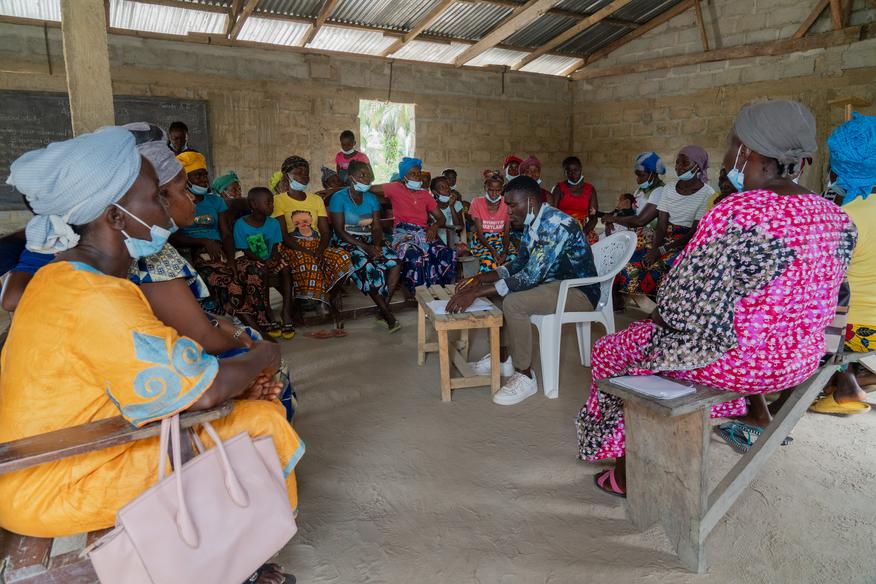
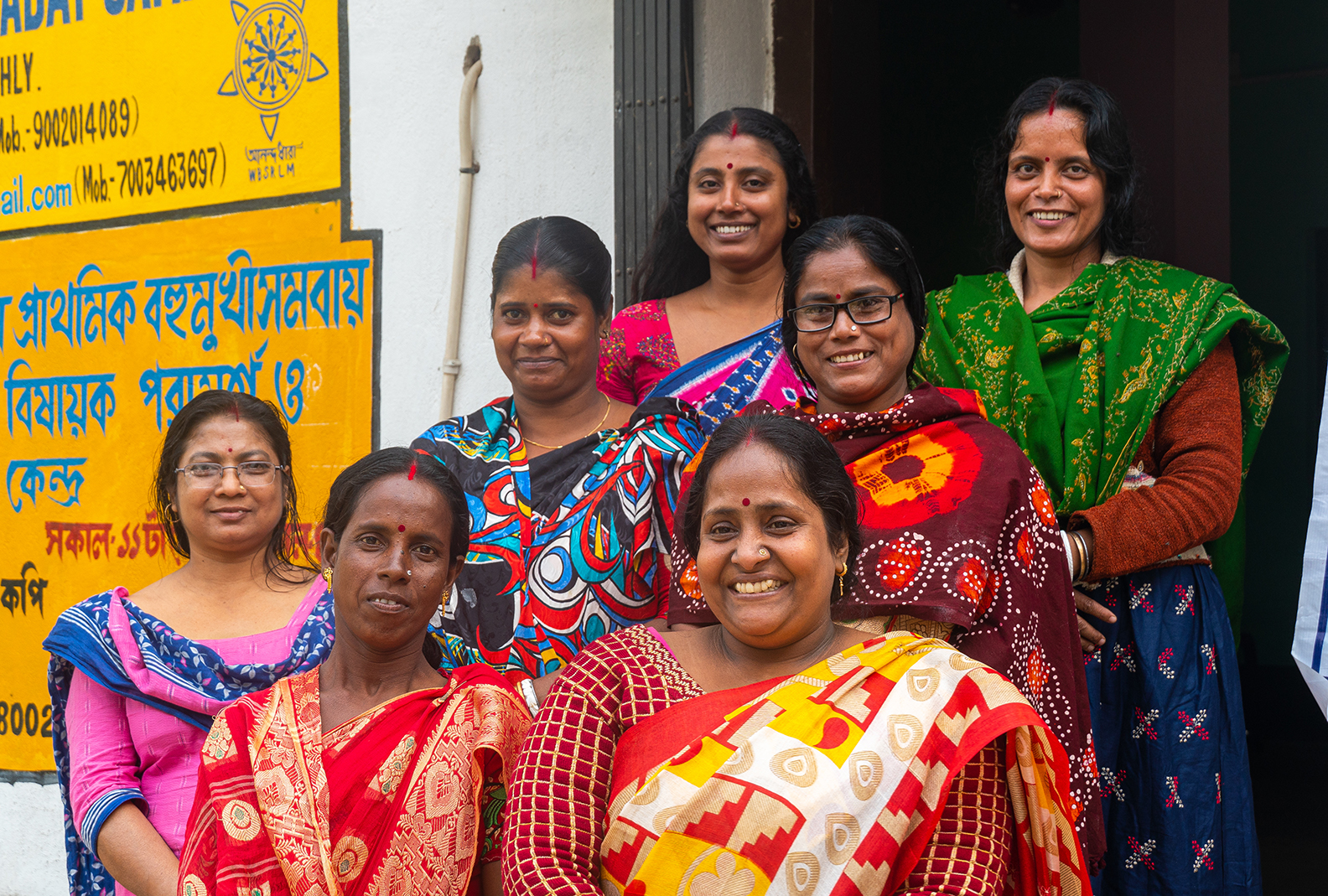
government officials, service providers, practitioners, and other key influencers received training and resources through Landesa to strengthen and protect land rights of the
women and men they serve.
PROGRAM HIGHLIGHTS
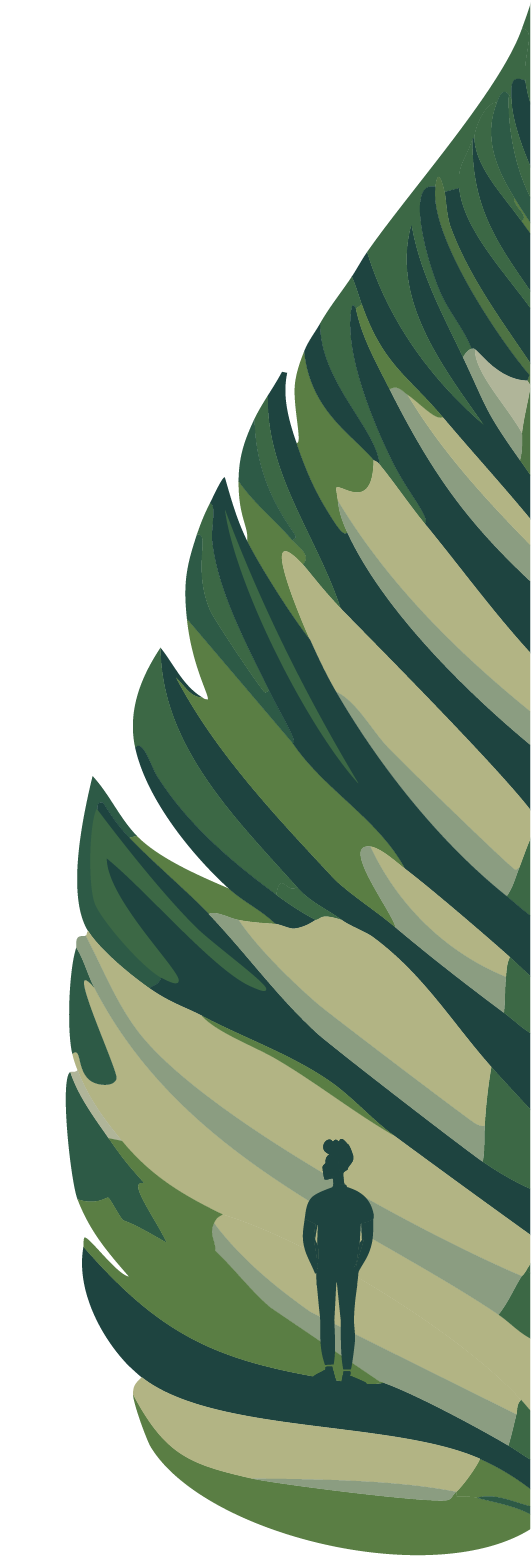
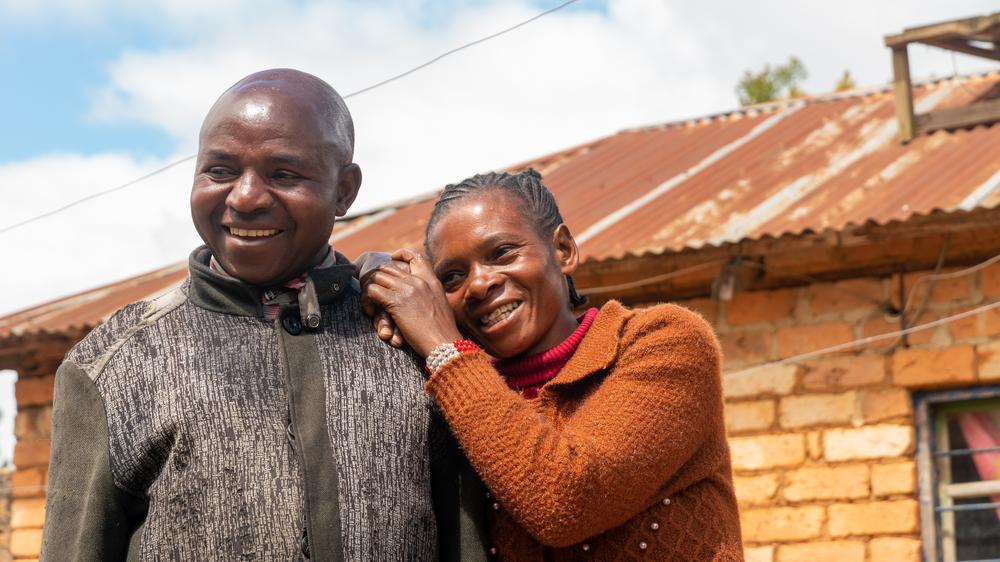

In the absence of clear land ownership, large-scale rural land investments can breed conflict between investors and the communities who call the land home. Alongside efforts to strengthen land tenure systems, Landesa works with companies to encourage responsible land investments.
In a watershed victory for community land rights in sub-Saharan Africa, Landesa supported a forestry company to voluntarily return more than 14,000 hectares of land to three villages in Tanzania’s Southern Highlands. As part of its Community-Smart Consultation and Consent Project, supported by BHP Foundation, Landesa continues to work with these communities to strengthen local institutions and encourage long-term land use planning.
Liberia’s Land Rights Act of 2018 cleared the path for millions of Liberians—whose customary land was previously unrecognized—to formally register their land as their own.
Landesa supports five communities through the multi-step land formalization process to obtain a deed for their 52,499 hectares of land. With a formal deed in hand, expected early next year, the communities can better avoid land-related conflict with neighbors, protect their resources from external exploitation, and use their land for economic development.
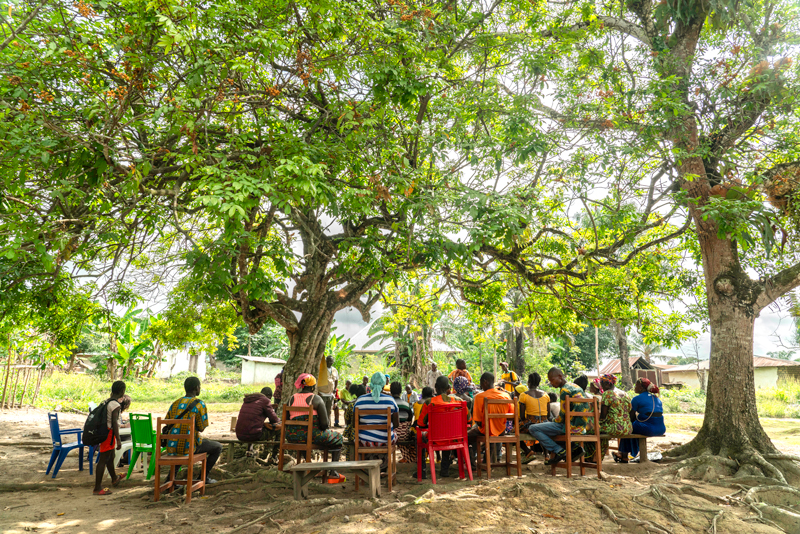

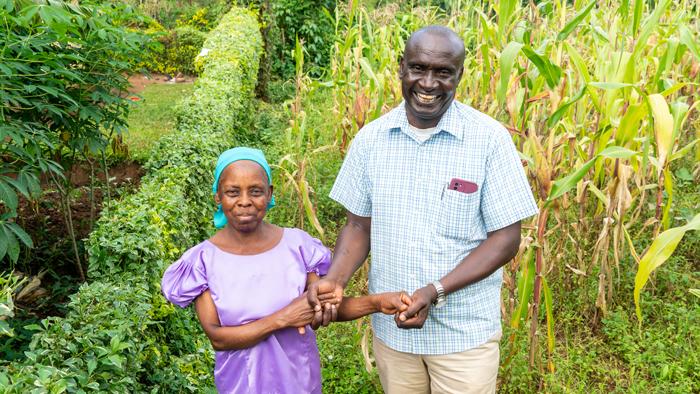

In Kenya and Rwanda, Landesa is supporting efforts to equip millions of smallholder farmers with secure land rights through the innovative Agricultural Systems Change Initiative, a Co-Impact project in partnership with One Acre Fund.
After hiring expert staff and establishing an office in Kigali, Rwanda, Landesa received an invitation from the Government of Rwanda to support the drafting of a set of regulations around protection, conservation, and efficient use of land—a promising step in our efforts to strengthen gender-equitable land rights for Rwanda’s smallholder farmers.
When a woman has secure rights to land, she holds the potential of so much more—her agency and decision-making power, her household’s economic freedom, her community’s resilience to climate change and food insecurity. But around the world, unequal laws and discriminatory customs undermine women’s rights to land. Landesa takes a gender-transformative approach on the path to land and gender justice.
Since 2019, Landesa has served as Secretariat for Stand for Her Land (S4HL), a global campaign driving collective action on women’s land rights at grassroots, national, and global levels. 2023’s milestone achievements include:
S4HL is a global champion for gender-equitable land rights. Throughout 2023, S4HL called upon governments, donors, and institutions to advance grassroots women’s leadership on gender and climate policy and recognition of land rights for gender-just climate action. This included active engagement at convenings under the United Nations Convention to Combat Desertification (UNCCD) and the 2023 United Nations Framework Convention on Climate Change Conference (COP28), as well as at the global Women Deliver Conference.
In July, S4HL launched the Women’s Land Rights (WLR) Platform, a unique new resource for women and organizations to share and document their experiences, perspectives, and work to strengthen land rights—amplifying grassroots voices, increasing visibility, building strategic cohesion, and advancing collaboration among stakeholders.
Land is vital to livelihoods in Cambodia, where 16 million people live in rural areas and nearly half the workforce engages in agriculture. Yet poverty runs rampant across the country and insecure land rights inhibit smallholder farmers from making critical long-term investments in their land.
Landesa supports land allocation efforts both directly and by building the capacity of local civil society groups. Fifty-seven Indigenous communities are now in the process of certifying their more than 100,000 acres of traditional forestland with assistance from Landesa and our partners. On the policy front, a groundbreaking provincial sub-decree developed with Landesa’s support opened the way for 50,000 families to formally register their lands and securely invest in their future, with similar efforts underway across the country.

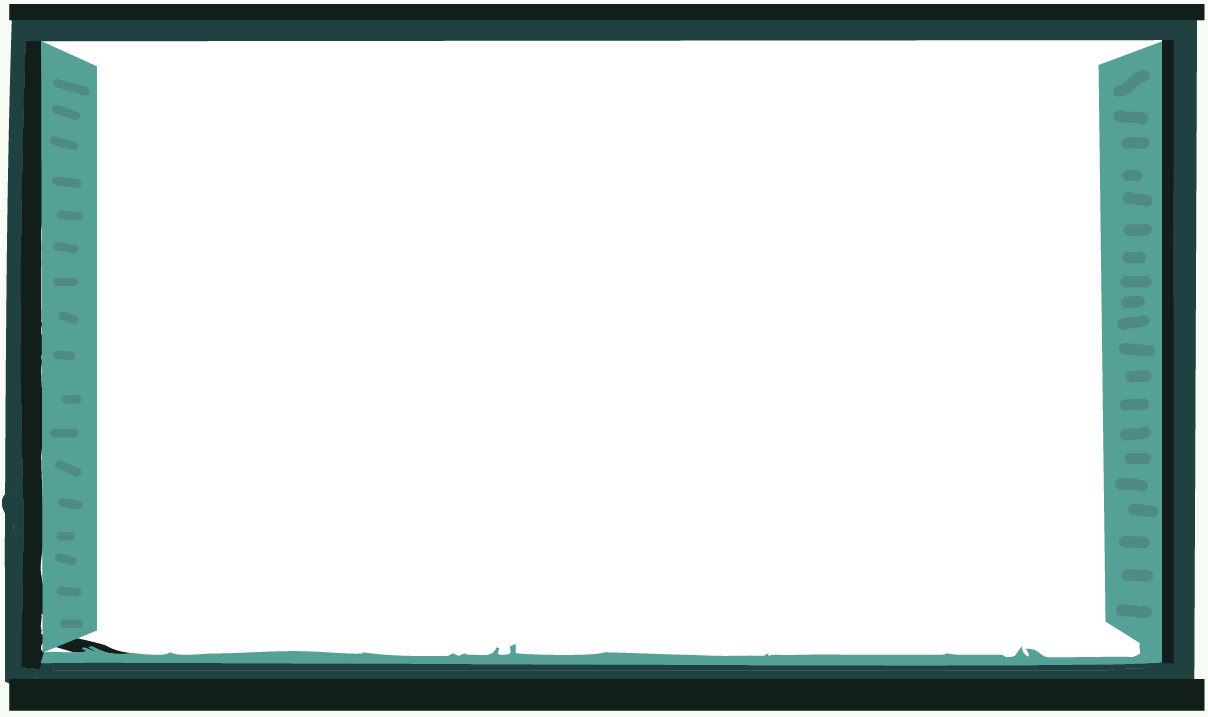
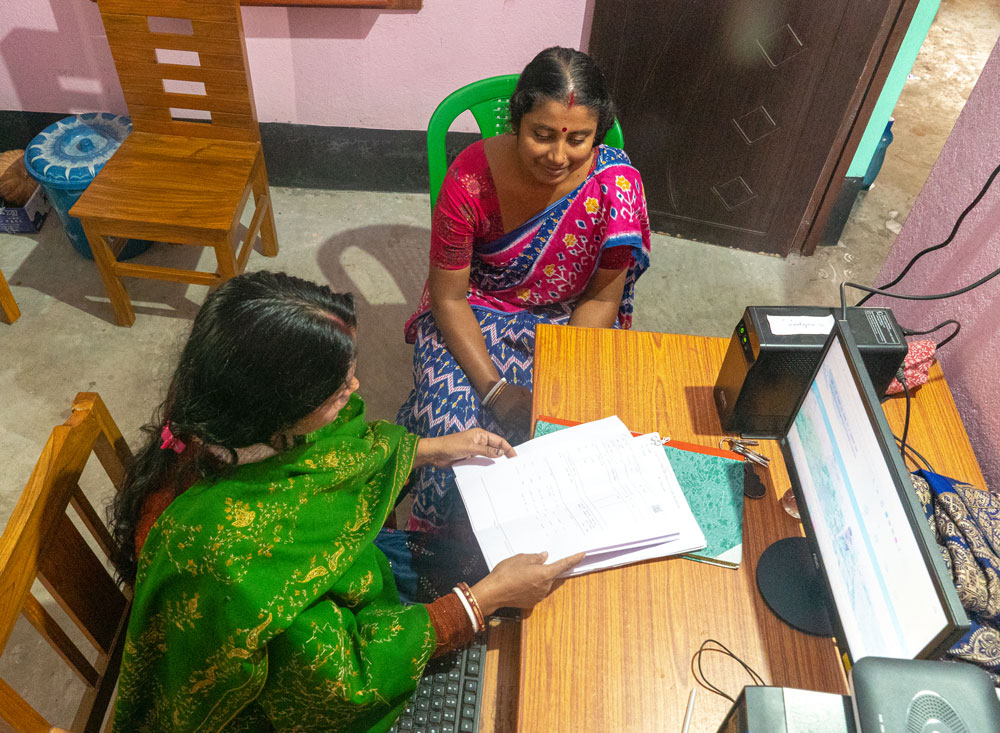

Holding legal rights to land can elevate a woman’s social status in her household and community, strengthening her agency and self-esteem. Yet discriminatory gender stereotypes often impede women in rural India from updating their households’ formal land records, a requirement to secure their land rights.
In India’s West Bengal State, Landesa works with the government to support a statewide network of women-led community groups that have delivered land literacy training to more than 2.8 million women in rural areas to date. This work has expanded to establishing Sangha Facilitation Centers (SFCs), in which women service providers offer land-related services to community members in rural areas. As of this year, 171 SFCs are delivering land services, strengthening land rights for rural families, and bolstering the entrepreneurial women service providers.
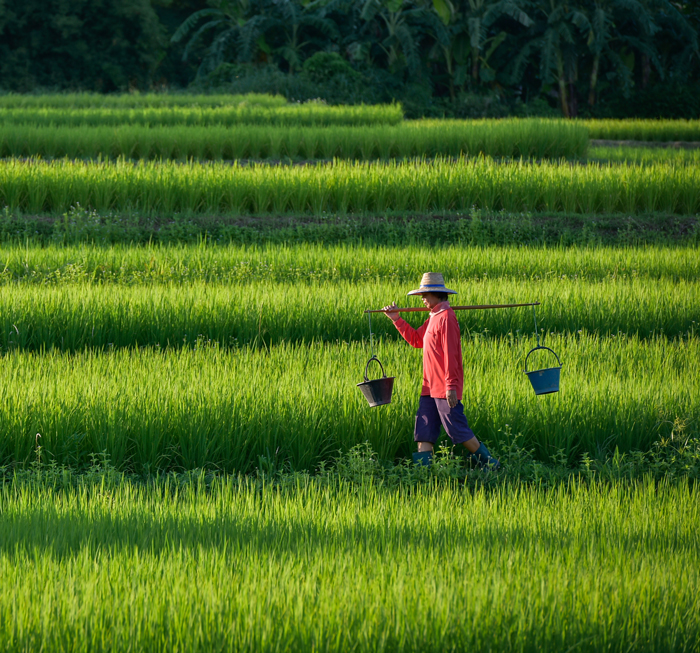

When women in rural China leave their parents' village to marry into another village or leave their husband's village after divorce, they can face exclusion from local agricultural collectives necessary for retaining rights to land.
An estimated 432.9 million women nationwide saw stronger land rights when an amendment to China’s Law on the Protection of Women’s Rights and Interests took effect this year. Alongside local scholars and institutes, Landesa advocated for the amendment, which mandates equal rights to membership in agricultural collectives for women and men.
Inclusive control over land and natural resource decision-making are key to unlocking women’s powerful ability to confront the climate crisis.
Landesa’s Women-Led Collective Advocacy for Climate Action project supports national coalitions in Bangladesh, Maldives, and Nepal to strengthen women’s land rights and develop strategies to build local climate resilience. By centering women and Indigenous Peoples in climate policy discussions and decision-making, this work advances gender equity and social inclusion as well as sustainable solutions in a region with extreme climate vulnerability and land inequity.
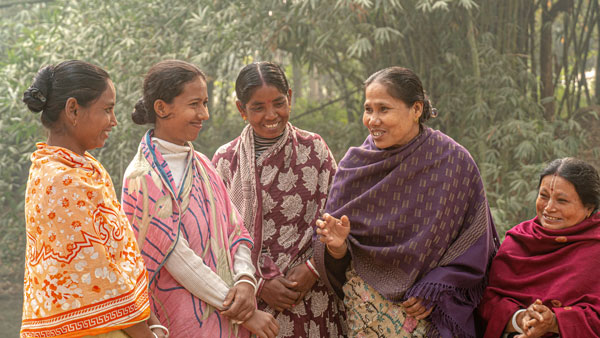

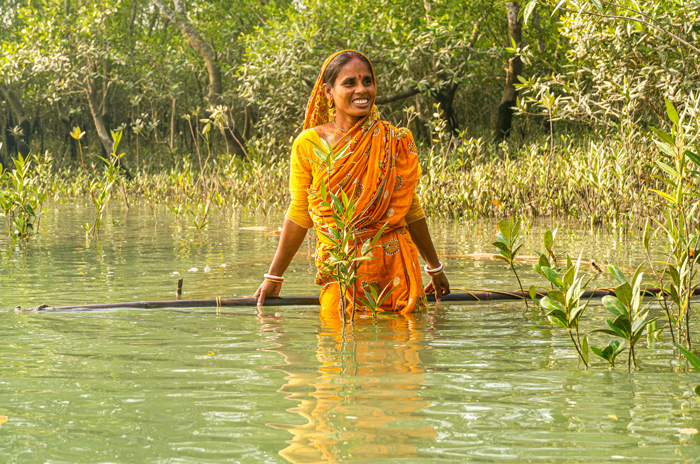

More than 73 million people depend on the Bay of Bengal’s and Southeast Asia’s coastal mangrove forests—forests that act as an irreplaceable carbon sink.
Landesa’s Coastal Livelihoods and Mangroves Project strengthens coastal land rights and promotes policies in six countries to reduce overuse of mangrove resources and protect both community livelihoods and ecosystems indispensable to confronting climate change. This bold regional initiative seeks to mitigate nearly one billion metric tons of carbon. As part of these efforts, Landesa has worked closely with the Indonesian President and his advisors to highlight the importance of mangroves. This year, mangrove conservation emerged as the President’s top agricultural policy priority—an encouraging achievement for Landesa’s advocacy.
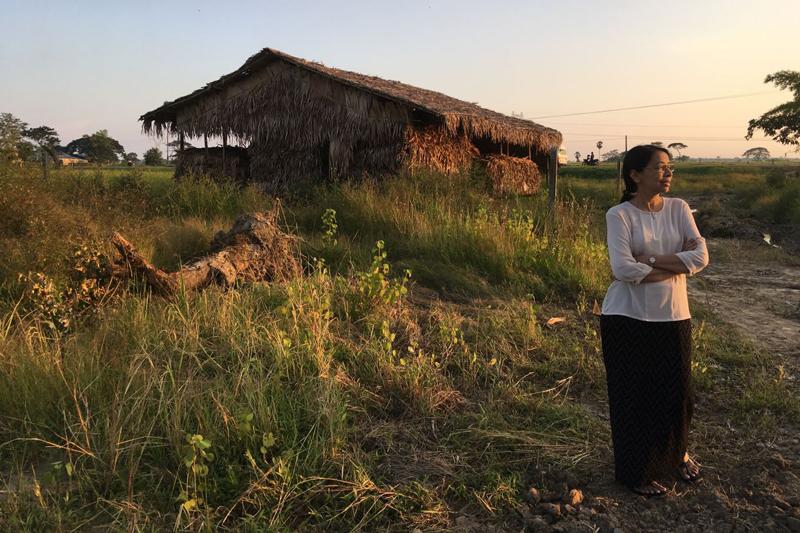

Dr. Ohnmar Myo Aung, Landesa’s Director of Program Coordination in Myanmar, received the 2023 Saul A. Silverman Award from the International Organization Development Association in recognition of her land reform efforts amidst Myanmar’s protracted internal conflict.
A leading expert on land reform in Myanmar, Dr. Ohnmar began working with Landesa in 2015 and has directed efforts that strengthened land rights for more than 35 million people, while simultaneously navigating high levels of uncertainty and personal risk.
“Land is an essential part of daily life for millions of families in Myanmar. But it’s much more than a source of food, of livelihood, and a place to live. Secure land rights are at the root of equity, dignity, peace, and prosperity,” shares Dr. Ohnmar.

FINANCIALS
Accounting principles generally accepted in the United States require Landesa to recognize the full amount of unconditional multi-year grants in the year in which they are awarded. Expenses, however, are recorded in the year they are incurred.

Revenue Breakdown
Expenses Breakdown
Functional Allocation
of Expenses
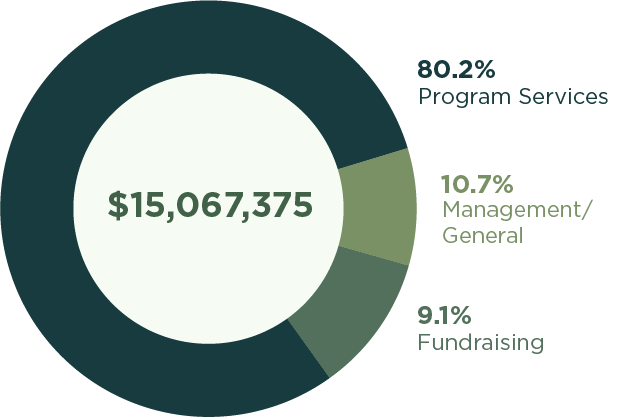
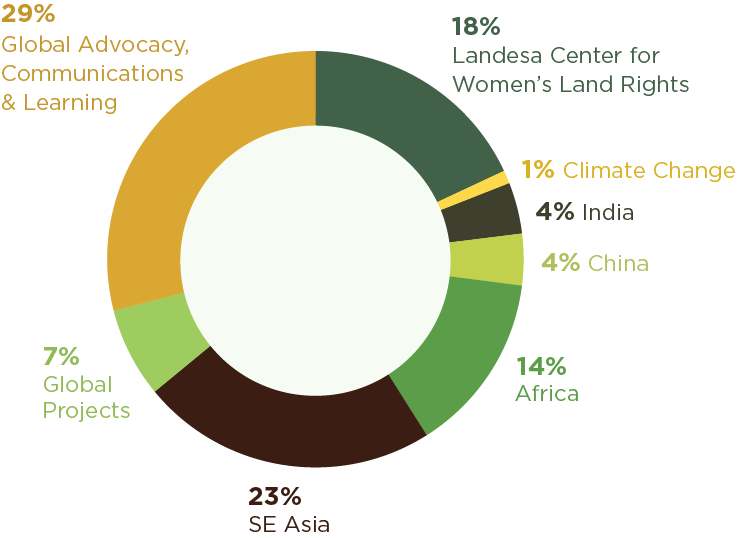
OUR SUPPORTERS
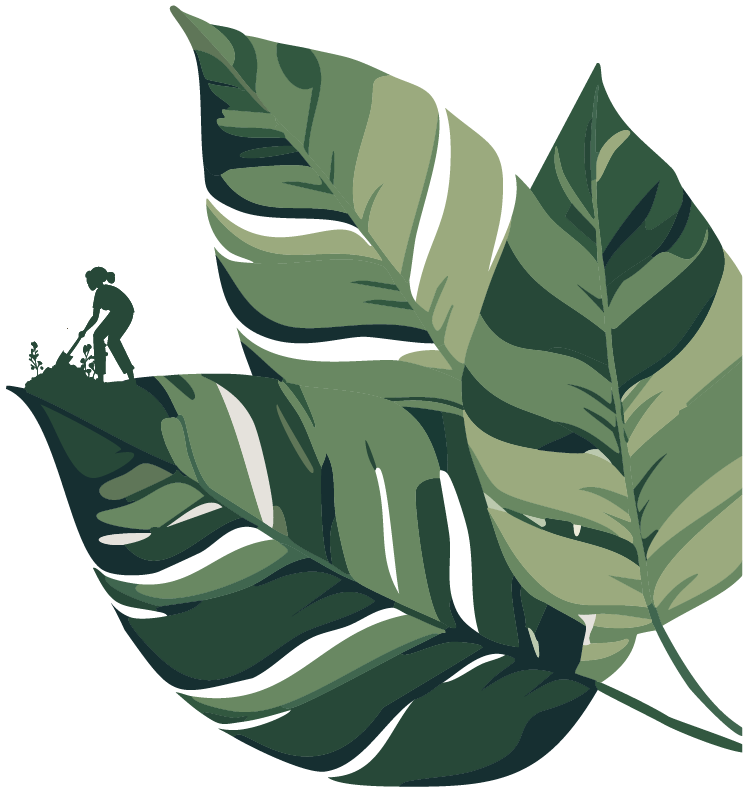
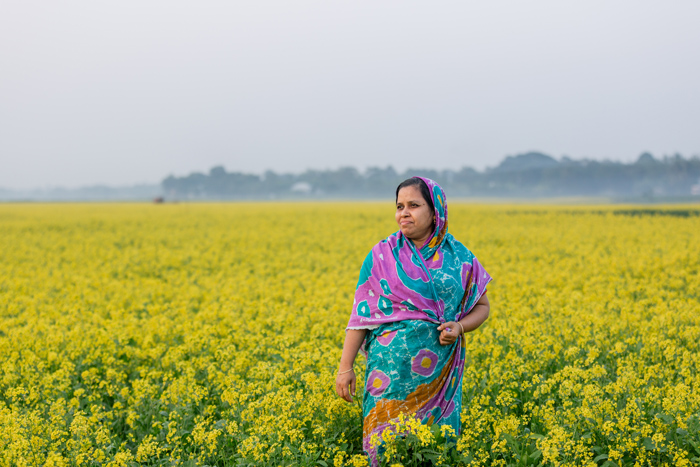
BHP Foundation
BMZ
Co-Impact
US Department of State
King Philanthropies
MacKenzie Scott
River Star Foundation
af Jochnick Foundation
Anonymous (1)
David and Araceli Barclay
California Community Foundation
Dovetail Impact Foundation
Ford Foundation
Oak Foundation
Robert Anthony Granieri
Mastercard Foundation
M.J. Murdock Charitable Trust
PACCAR Inc.
Julie and Paul Pottinger
Rising Tide Foundation
Swedish Postcode Foundation
TetraTech
Together Women Rise
Vanguard Charitable
Wellspring Philanthropic Fund
Gavin and Susan Woods
USAID
$25,000 - $99,999
Anonymous (1)
Mary M. O’Malley Charitable Fund
Fidelity Charitable
Deonne Kahler and Janet Kahler
Laura Lee Grace
Vikesh and Kiran Mahendroo
Manitou Fund
Propel Capital
Roy A. Hunt Foundation
Schwab Charitable Fund
Darshana Shanbhag and Dilip Wagle
Stewardship Foundation
The Seattle Foundation
The Houssian Foundation
$10,000 - $24,999
James Cardillo and Patricia Kern-Cardillo
Clif Family Foundation
Alida and Christopher Latham
Moccasin Lake Foundation
Matthew and Ann Nimetz
James and Gaye Pigott
Lawrence Wilkinson and Mary Kay Magistad
Sarah Williams
World Bank
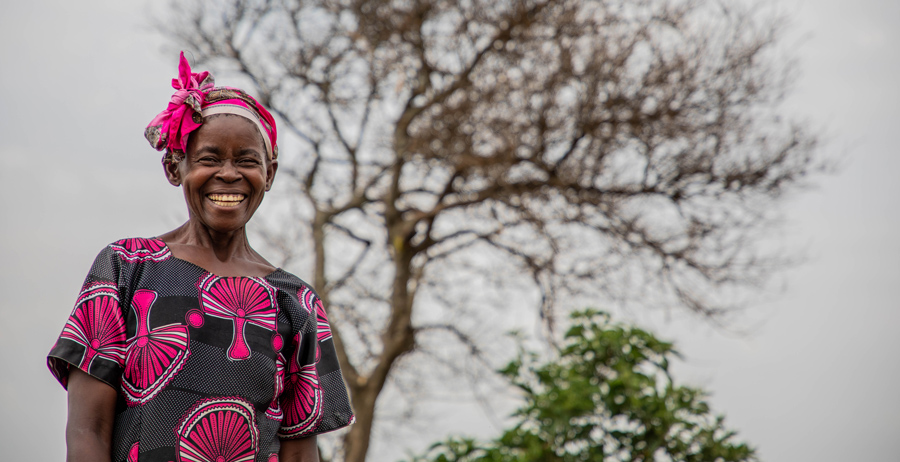
$5,000 - $9,999
Alex McMillan Family Foundation
Anonymous (1)
Charles Schwab
Brad Fresia and Allister D’Souza
Jill Ford
iF Social Impact Prize
Lenny Lieberman
Donna Moniz
William and Sally Neukom
Doug and Emilie Ogden
Kathleen Pierce
Ben Rohrbaugh
$1,000 - $4,999
Luciana Aquino-Hagedorn
Virginia Baeten
Beverly Barnett
Judith E. Bendich
Benevity Community Impact Fund
David Bledsoe and Christine Pallier
Laura Dail
Leslie Decker
Chris and Chrissie Drape
Enterprise Holdings Foundation
Jordin Ereth
Fiduciary Trust Charitable
Alison Gazarek
Christine Grumm
Michael Hirschhorn and Jimena Martinez
Wanjiru Kamau-Rutenberg
Parker Leonard Krasney
Georgette McConnell
Jennifer McFarlane
JP Morgan Charitable Fund
Nancy Morrison
Eric and Julie Nelson
Perkins Coie Foundation
Katherine Plichta
Jeff and Beverly Riedinger
Tyler Roush
Ronald and Elizabeth Sugameli
Trinity Presbyterian Church
Lowell Weiss and Kristin Thompson
$500 - $999
Adolf af Jochnick and Elizabeth Jochnick
Anonymous (1)
Maren Christensen
Janet Curry
Mimi Gardner Gates
Good Today
Irvine Hockaday
Ping and Shirley Kiang
Ruben Kraiem
George and Beverly Martin
Jennifer Potter
Beth Roberts
Steven Wick
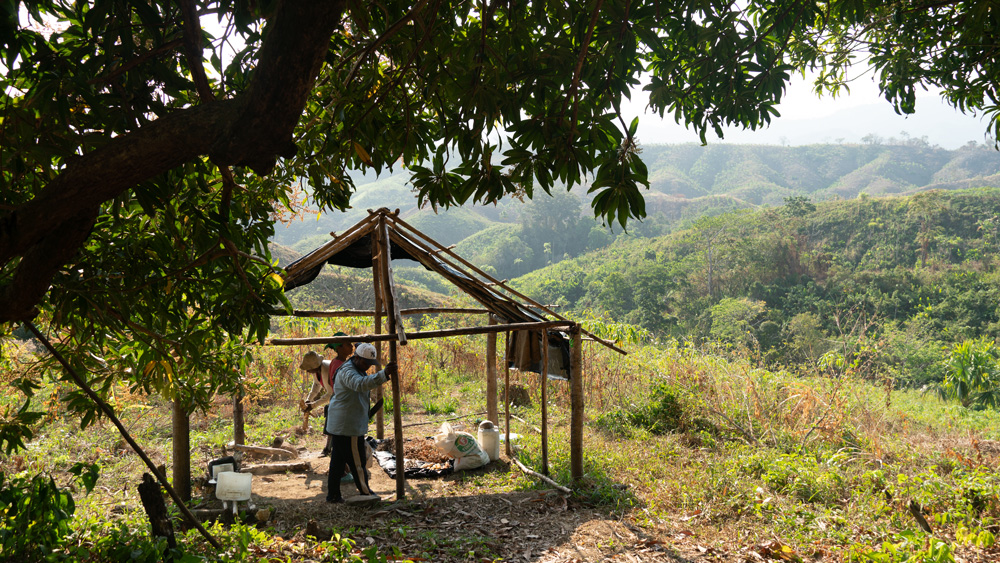
$250 - $499
Artisan Dental, LLC
Kathy Bahmani
Jacob Christensen
Anne Daley
Patrick and Cindy Dawson
Jeremy and Sonja Dwyer
GlobalGiving
Casey Hanisko
Elizabeth Horn
Frederick Kaplan and Rosmeri Reinehr
Robert and Andrea King
Becky Leung
Tahmina Martelly
Robert Mitchell and Jill Walzer
Ann Morrison
Anne Nolan
Douglas Reilly
Julia Renouard
Wendy Saenz Hood-Neufeld
Scott Schang
Mary Beth Seifert
$100 - $249
Amazon Smile Foundation
Anonymous (5)
Kathy Bahmani
Thomas Brous
Jennifer Butte-Dahl
Marie Cooper
Benjamin Chotzen and Carolyn Pinkett
Kay and Howard Daniel
Diane Dew
Jennifer Duncan
Peter Kelly
Caitlin Kieran
Janet King and Stephen Yeatman
Marty Krasney
Peter Krogh
Jeanne Lundquist
Lincoln Miller
Jeff Newell
Thy Nguyen
Colleen O’Holleran
Janet Peacey
Katherine Plichta
Constance Ralls
Nancy Robinson
Michael Rogers
Briel Schmitz
Margo Schneider
Kenneth Scott and Carla Bernardes
Shelly Shay
Robin Taft
Michael Vallance
Judith Wirth
Penny Yu
Up to $99
Anonymous (1)
Hany Abdallah
Joe and Julie Arko
Rachel Charles
James Cissell
Kimberly Danner
Sam and Kim Dawson
Christie Diedrick
Ron and Susan Dinning
Radha Friedman
Phillip Gladfelter
Merissa Gremminger
Gol Hoghooghi
Erin Inclan
Andrea Jagla
Kristen Mitchell
Ann Lewis
Linda Low
Line Nya Ngatchou
Pledgeling Foundation
Ry Ravenholt
Judith Rose
Sara Sandford
Daniel and Joanne Shively
Annette Slonim
Paul Stephenson
Lara Sukol
Daryl and Jann Vhugen
Joanne Walby
Gail Yamada
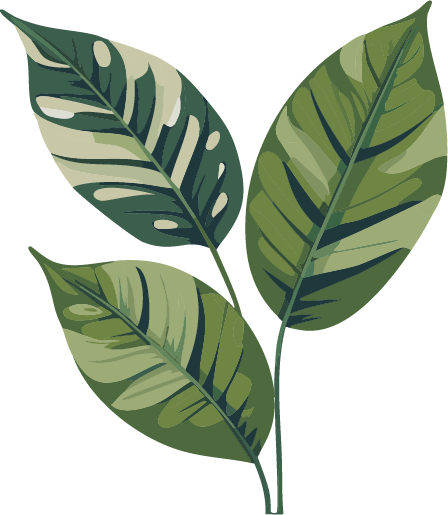
Markus Adolfsson
Kaleema Al-Nur
Shamaprasad Bangalore
Justin Browne
Paul Bucciaglia
Alex Counts
Susan Drummond
Jan Everman
Antonio Hadlich
David Harnsberger
Sean Herring
Elizabeth Horn
Devala Janardan
Deborah Krikun
Dan Lavoie
Shirisha Nampalli
Terry Proctor
Helen and Matthew Sernett
Dipa Suri


